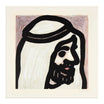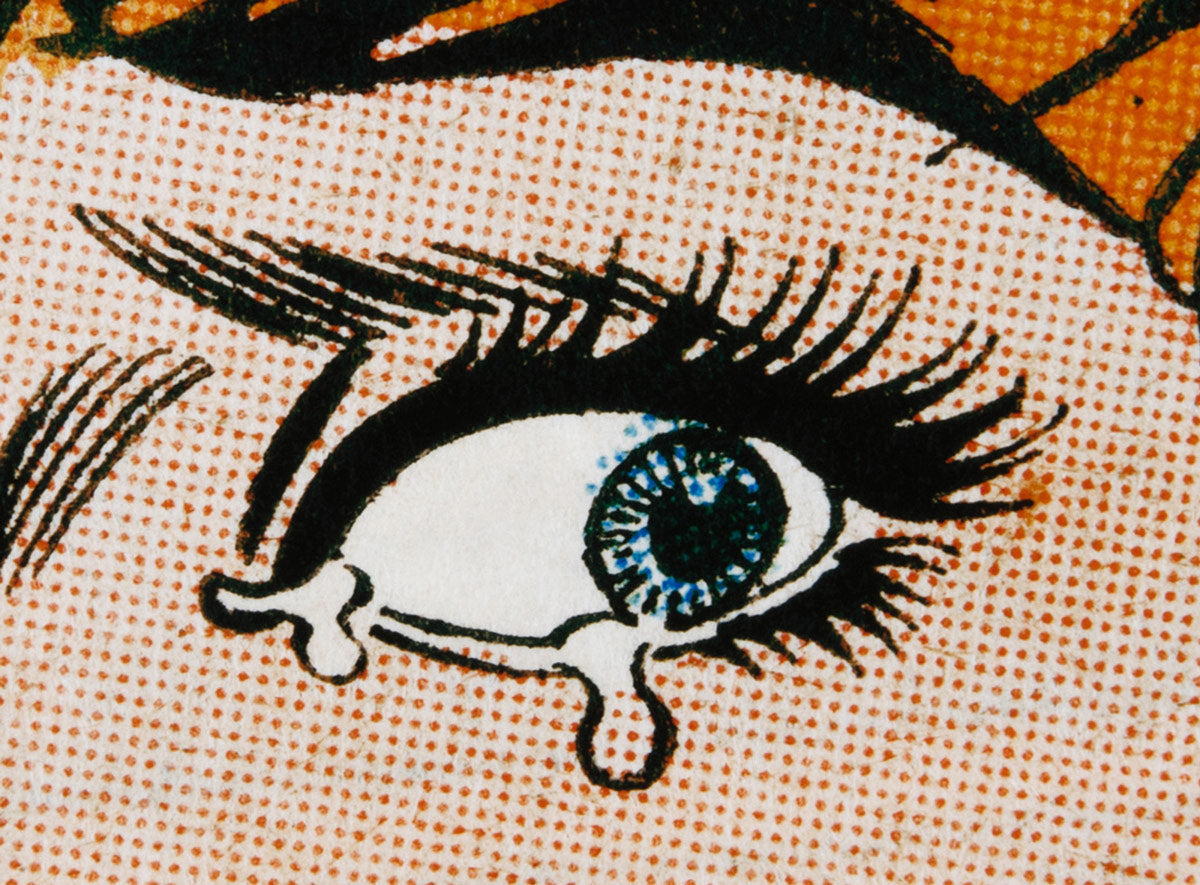
Shirin Neshat - Tooba
VAT not deductible (Margin Scheme).
Shirin Neshat (Iranian, b. 1957)
Untitled (Tooba), 2002
Medium: C-print in mat, sandwiched between plexi sheets, in artist’s frame (aluminum)
Dimensions: 61 x 66 cm (24 x 26 in)
Edition of 35 + 10 AP: Hand-signed, numbered, titled and dated
Condition: Excellent
Artwork details
Shirin Neshat’s Tooba is a striking still from her Tooba Series (2002), inspired by the novel Women without Men by Iranian writer Shahrnoush Parsipour. The photo edition features a group of people standing around a large, sacred tree, which symbolizes the feminine tree of paradise from the Koran. Filmed in color near Oaxaca, Mexico, Neshat’s poetic allegory blends magic realism with minimalist elegance, exploring themes of tension, transcendence, and the struggles faced by women in conservative societies through the powerful symbolism of the tree as a source of refuge and strength.
About this artist
Shirin Neshat stands as a pioneering figure in contemporary art, renowned for her poignant exploration of themes such as identity, gender, politics, and culture. Born in Iran in 1957, Neshat’s work often reflects her own experiences of exile and displacement, as well as broader societal issues within the context of her native country. One of her most iconic series, Women of Allah, garnered international acclaim for its stark black-and-white portraits of veiled women adorned with calligraphy. These evocative images serve as a powerful commentary on the complex interplay between femininity, Islam, and resistance. Shirin Neshat‘s use of calligraphy, traditionally associated with male dominance in Islamic art, subverts gender norms and challenges viewers to reconsider preconceived notions of power and agency. Throughout her career, Neshat has utilized various mediums including photography, video installations, and film to convey her artistic vision. Her award-winning film Women Without Men (2009) poetically intertwines the narratives of four women against the backdrop of Iran’s tumultuous political history, offering a nuanced exploration of female subjectivity and societal constraints. Despite grappling with themes of oppression and censorship, Shirin Neshat‘s work possesses a sense of resilience and defiance. Her art serves as a potent catalyst for dialogue and reflection, inviting viewers to confront their own perceptions of identity and freedom. Neshat’s influence extends far beyond the realm of art, as she continues to advocate for social justice and human rights. Her unwavering commitment to amplifying marginalized voices has earned her widespread admiration and numerous accolades, including the prestigious Golden Lion award at the Venice Biennale in 1999.

You may also like

Buy art online
Shop art editions online with transparent pricing, accurate condition reports, and fast dispatch. Designed for international collectors, we make buying limited edition prints and artworks simple, secure, and reliable.
Worldwide shipping
We ship art editions worldwide with full insurance and tracking. Handled only by trusted international carriers, each shipment is securely packaged and typically dispatched within 5 days.
Professional packaging
Every artwork is packaged to the highest professional standards. Using solid multi-layer cardboard and protective materials, we ensure your art editions arrive safely and in excellent condition.
Secure payment
Buy with confidence using secure, encrypted payments backed by advanced fraud protection. Every transaction is processed with trusted technology, ensuring a smooth and worry-free checkout for collectors worldwide.


















